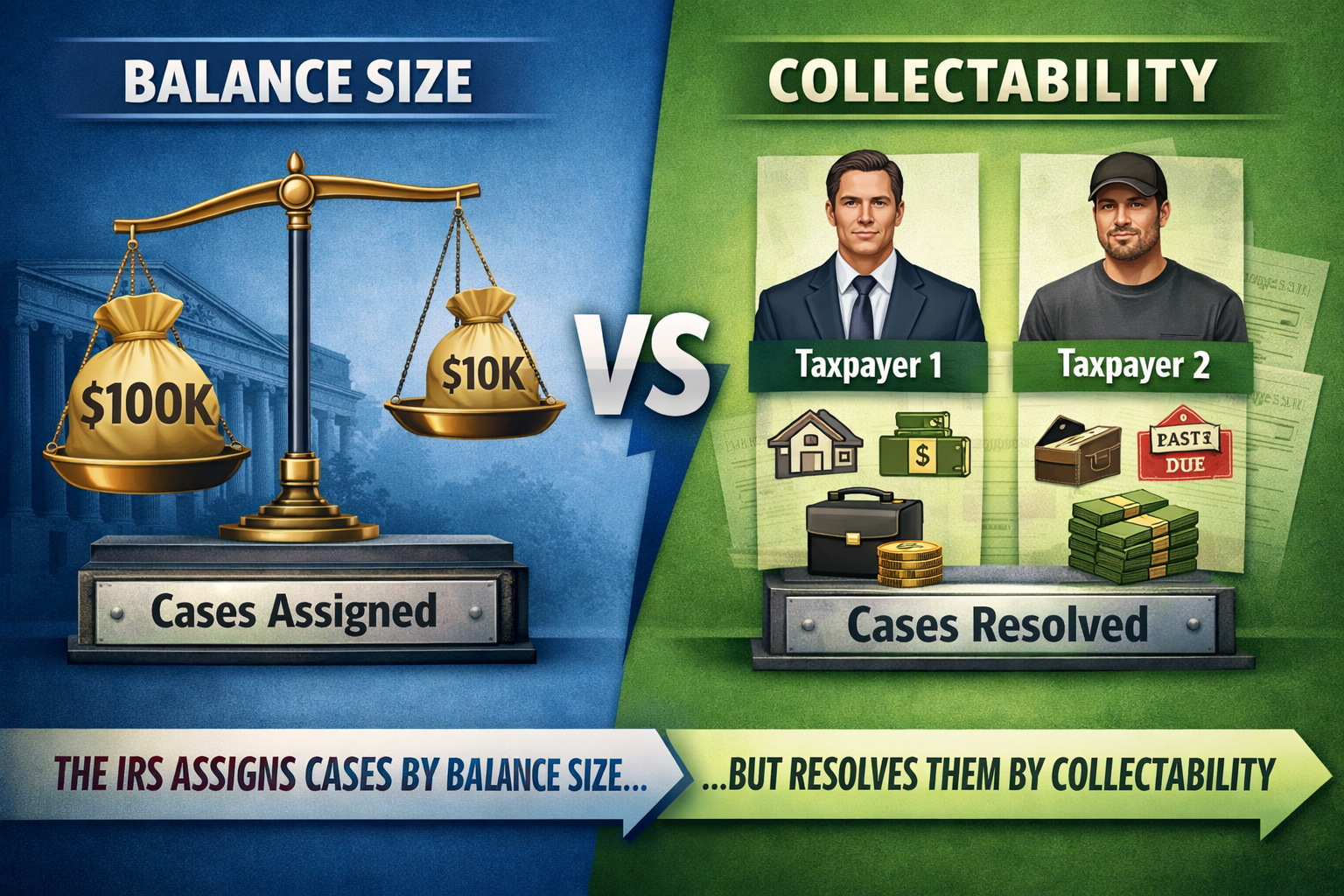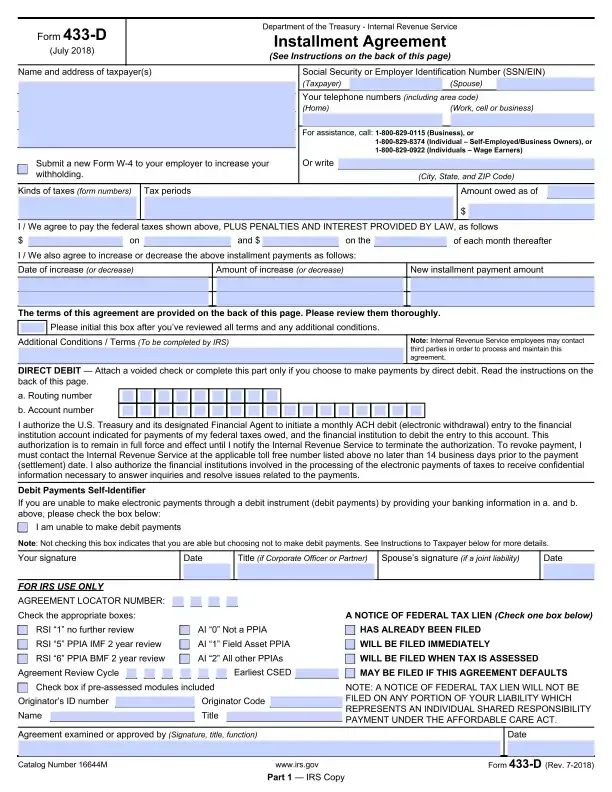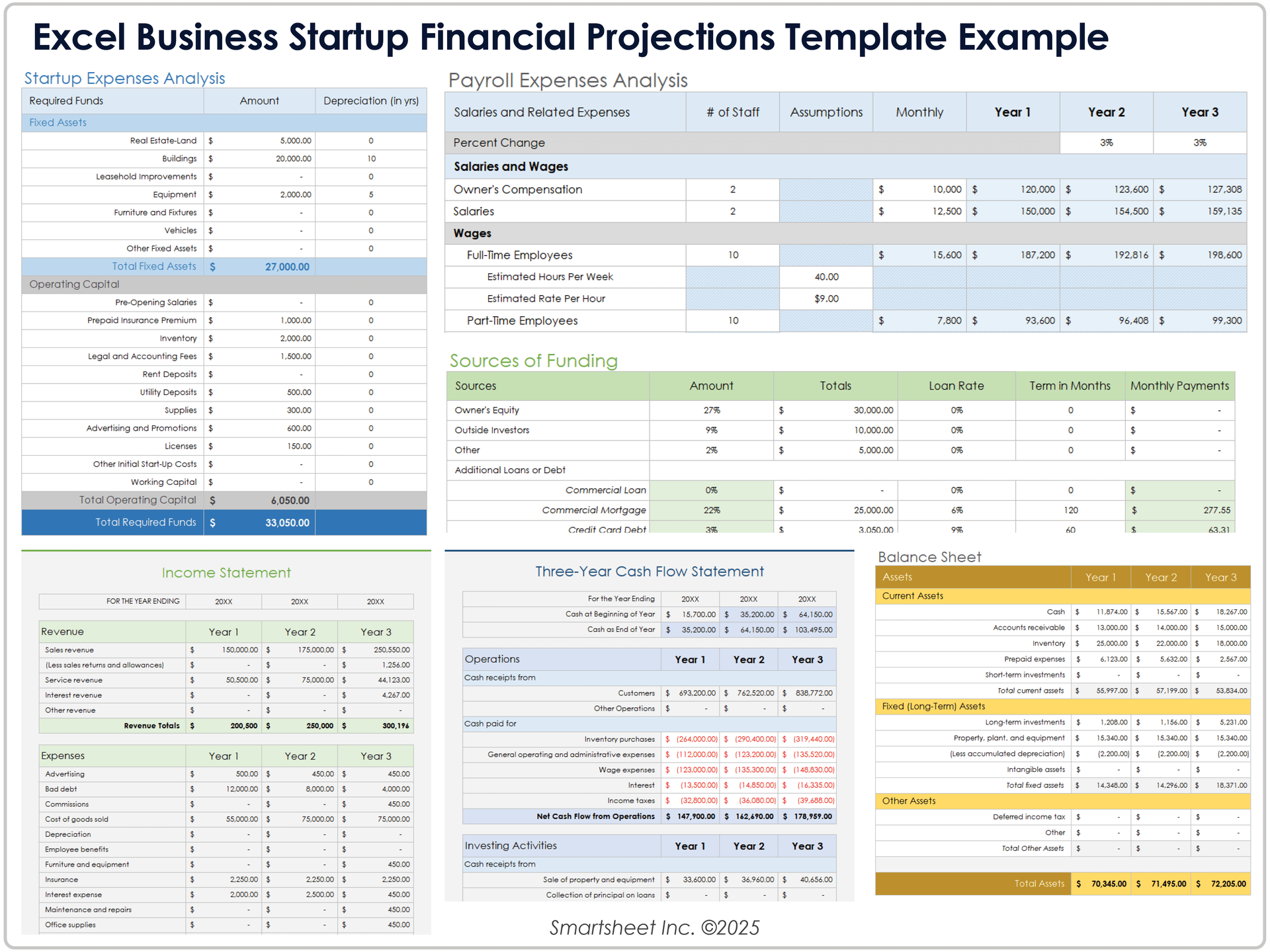How to Deal with IRS Debt: 7 Key Strategies to Take Back Control
Jim Payne • October 21, 2025
This is a subtitle for your new post

Owing the IRS can feel overwhelming, but you’ve got options—and it’s not all bad news. The IRS offers several legitimate ways to resolve or reduce your tax debt, and understanding these strategies is the first step toward taking back control. Here's a quick overview of the main approaches, each of which we'll dive into deeper in upcoming posts.
- Offer in Compromise (OIC)
An Offer in Compromise lets you settle your IRS debt for less than the full amount you owe. It’s not for everyone—there are strict eligibility requirements and financial disclosures—but if you truly can’t pay in full, this could be your lifeline. - Installment Agreement (Payment Plan)
If you can’t pay your balance all at once, an installment agreement allows you to pay it off over time. There are several types—from streamlined plans to full financial disclosures—and each comes with different terms depending on how much you owe and how quickly you can pay. - Currently Not Collectible (CNC)
When you're facing serious financial hardship and can’t afford to pay anything right now, the IRS may place your account in Currently Not Collectible status. This doesn’t erase your debt, but it puts collections on pause—no levies or garnishments while you get back on your feet. - Audit Reconsideration
Think the IRS got it wrong during an audit? Audit reconsideration is a chance to challenge the results. You’ll need to provide new evidence or explain why the original outcome was inaccurate. - Innocent or Injured Spouse Relief
If your tax debt is due to your spouse’s (or ex-spouse’s) actions, you may qualify for relief. Innocent Spouse Relief separates your liability, while Injured Spouse Relief helps you reclaim your share of a refund that was applied to your spouse’s debt. - Taxpayer Advocate Service
When you’re stuck and the IRS isn’t responsive or is causing financial harm, the Taxpayer Advocate Service can help. They’re an independent part of the IRS that steps in when you can’t get a resolution through normal channels. - Boost Your Income
Sometimes the most practical solution is to make more money—especially if you're running a business. Streamlining operations, raising prices, or finding new revenue streams can make IRS debt more manageable and easier to eliminate.
No matter your situation, the IRS has processes in place to help. Stay tuned as we break down each of these options in detail—so you can make the best decision for your financial future.









